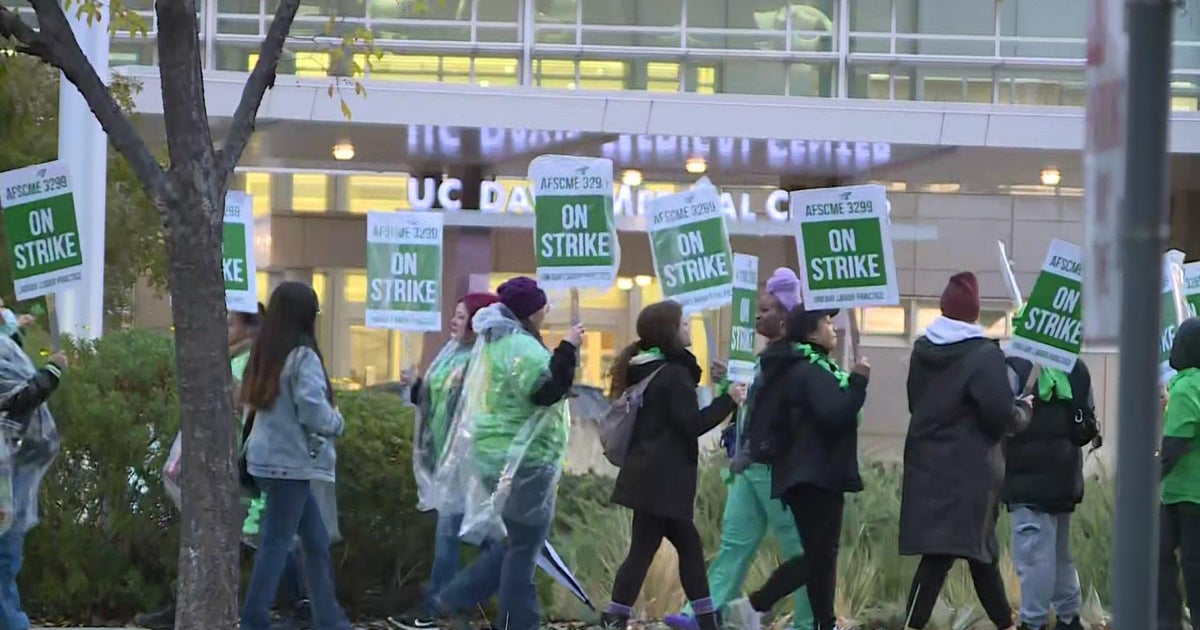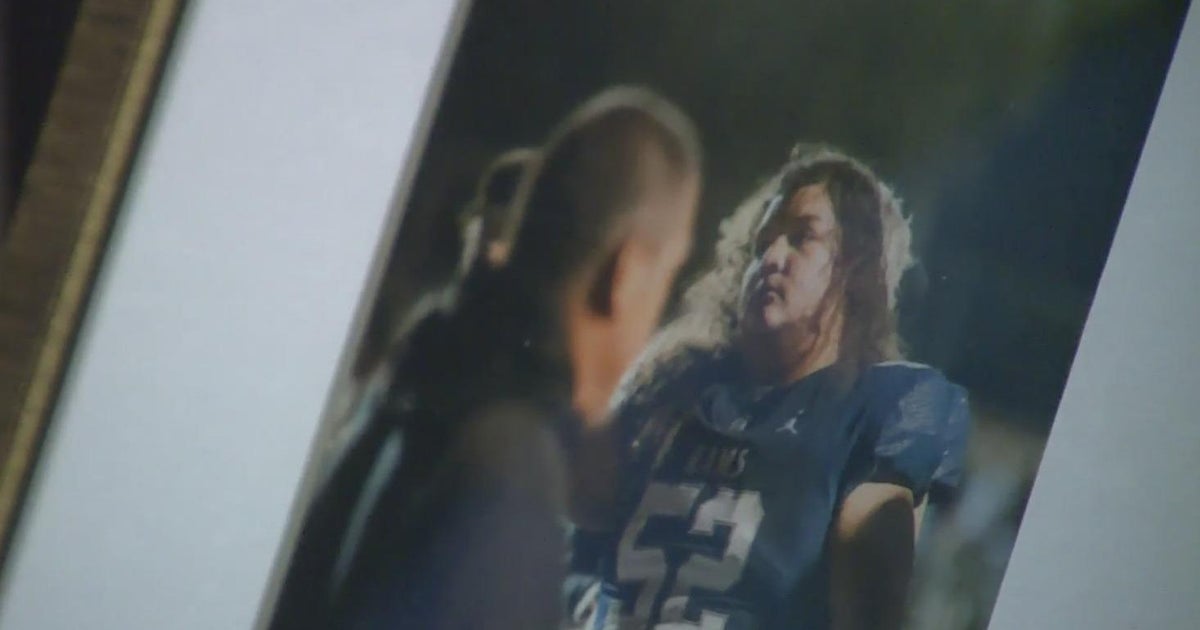Lung cancer mystery: Why are healthy, non-smoking, Asian women contracting the disease?
A Bay Area-based study finds that 80% of Asian American women with lung cancer never smoked and researchers are trying to figure out why.
Five years ago, Vicky Ni got a call from her doctor. She had just gone in for an X-ray for what she thought was a pinched nerve. The next thing she knew, she was sitting in an oncologist's office.
"I was there by myself and, you know, the word "cancer" comes out of the doctor's mouth, so that's kind of not good," said Ni.
She had never smoked a day in her life, but the 48-year-old mother of two was diagnosed with stage IV lung cancer, the second most common cancer in both men and women in the United States.
"I was asking them, I'm like, okay, so how long is treatment? And, you know, when are we done with this?" said Ni. "No one had told me up until then it was stage four. So, it was incurable. I would basically have to live with this condition for the rest of my life."
Ni is now 53. The treatments have been brutal;.they've given her high blood pressure and cholesterol. The cancer has now spread to her abdomen. But it's not the physical side effects that hurt the most. Ni has two daughters who were 13 and 15 when she was first diagnosed.
A few years ago, Vicky was asked to participate in a research program at the University of California, San Francisco called FANS, which stands for Female, Asian, Non-Smokers. Launched 15 years ago by Dr. Scarlett Gomez and Dr. Iona Cheng, it's a first-of-its-kind study in the U.S. on why lung cancer rates were rising among Asian females who never smoked.
"Lung cancer rates actually have been declining over the past several decades," said Gomez. "The exception to that trend was among Asian American females where the rates and the trend of the rates have been slightly increasing and edging upwards over the past several decades."
The doctors hope the FANS study not only leads to the development of more preventative measures and screening but also grabs the attention of folks with deep pockets. Right now, less than 1% of funding from the National Institutes of Health goes to diseases that impact the Asian American community.
"There is this perception that Asians don't get sick," said Gomez.
Ni isn't spending her energy wondering how or why she got lung cancer. Instead, she is turning her pain into purpose, by reaching out to other women like 34-year-old Kit Ho who Ni recruited to also be part of the FANS study.
"I just feel like anything from me, if my tissue, if my saliva can help the researchers to find more medicine or find more ways to identify people early, then I want to be a part of it," said Ho.
Ho was diagnosed with cancer on Thanksgiving 2023. Doctors discovered four tumors in her brain they believe were linked to lung cancer. Just like Ni, she never smoked. She's also a mom to two kids who are 2 and 4 years old.
Ni is focusing on the things that bring her joy: family, friends and helping others know that even in their hardest moments, they are not alone.
"I want to do everything I can to make this diagnosis sort of meaningful to the world," said Ni.




